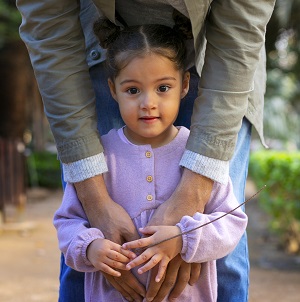Child and Adoloscent Psychiatric Issues
Childhood can be a challenging time for many children, as they navigate their emotions, relationships, and personal development. Psychological issues can arise in children for a variety of reasons, including genetics, environmental factors, and life experiences. It is important for parents and caregivers to be aware of potential psychological issues in children and to seek professional help if needed.
Some common psychological issues that can affect children include:
It is important for parents and caregivers to be aware of potential psychological issues in children and to seek professional help if needed. Mental health professionals can assess children for psychological issues and provide appropriate treatment. Treatment for psychological issues in children may include therapy, medication, or a combination of both.
Therapy may involve a variety of techniques, including cognitive-behavioral therapy (CBT), play therapy, and family therapy. CBT is a type of therapy that focuses on identifying and changing negative thought patterns and behaviors. Play therapy involves using play to help children express themselves and process their emotions. Family therapy may be helpful for addressing family dynamics and communication patterns.
Medication may be used to treat certain psychological issues in children, such as ADHD or depression. It is important for parents and caregivers to work closely with mental health professionals to determine the most appropriate treatment plan for their child.
In addition to professional help, there are also things that parents and caregivers can do to support children with psychological issues. This may include:
In conclusion, childhood can be a challenging time for many children, and psychological issues can arise for a variety of reasons

